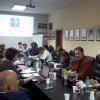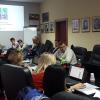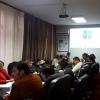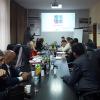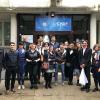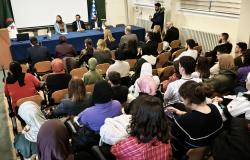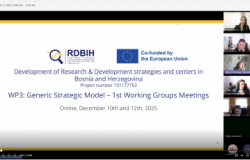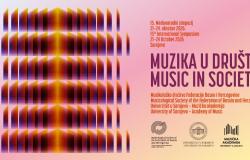Second Partner Meeting of the Sport against Violence and Exclusion – SAVE Consortium
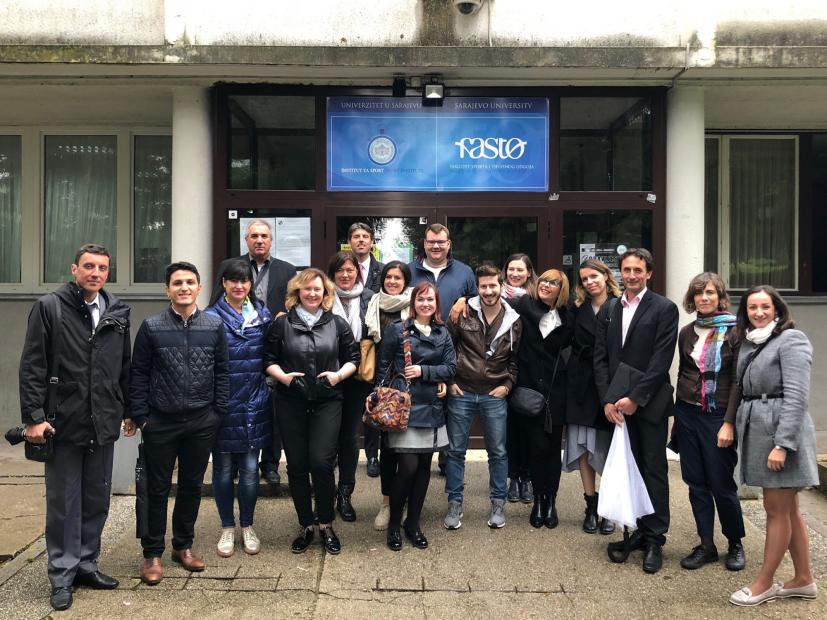
In regards to Erasmus + Sport project implementation entitled Sport against Violence and Exclusion SAVE, the Faculty of Sport and Physical Education University of Sarajevo was the host and the organizer of the second partner meeting of the SAVE Consortium. The meeting was held at the Faculty of Sport and Physical Education, University of Sarajevo on the 2nd and 3rd of October 2018.
The project team members of the SAVE Consortium who participated the meeting were representatives of the following institutions: Lithuanian Sports University (project coordinators), University of Palermo, WUS Austria, Faculty of Kinesiology University of Split, Faculty of Sport and Physical Education University of Novi Sad, CESIE Italy, DEFOIN Spain, LUSF Lithuania and Faculty of Sport and Physical Education University of Sarajevo, as hosts and organisers of the meeting.
The aim of the partner meeting was to present the finalised project activities and activities to follow. The project team of the Faculty of Sport and Physical Education, University of Sarajevo as the lead partner presented the first work package Desk Analysis and Needs Assessment that was finalised. This work package was comprised of seven Desk Analyses and seven Focus groups successfully conducted in all the countries of the Consortium. By completing the first work package, the University of Sarajevo has completed its task as the lead partner of this work package and has set the foundations for the future activities and project research.
Sport against Violence and Exclusion is the fourth Erasmus + Sport project implemented successfully by the University of Sarajevo in cooperation with the project team members of the Faculty of Sport and Physical Education University of Sarajevo, which places the University of Sarajevo as one of the lead higher education institutions in Bosnia and Herzegovina in regards to Erasmus + Sport projects.
The main aims of the SAVE project are as follows:
- Defining competencies needed to predict, avoid and cease violence, exclusion and intolerance through sport, using sport as conflict resolution tool.
- Conflict resolution as a part of future curricula at the Universities and lifelong learning programmes;
- Building capacity of sport educational institutions to effectively manage the use of conflict resolution tool;




